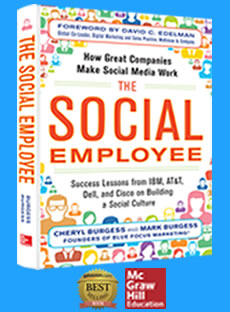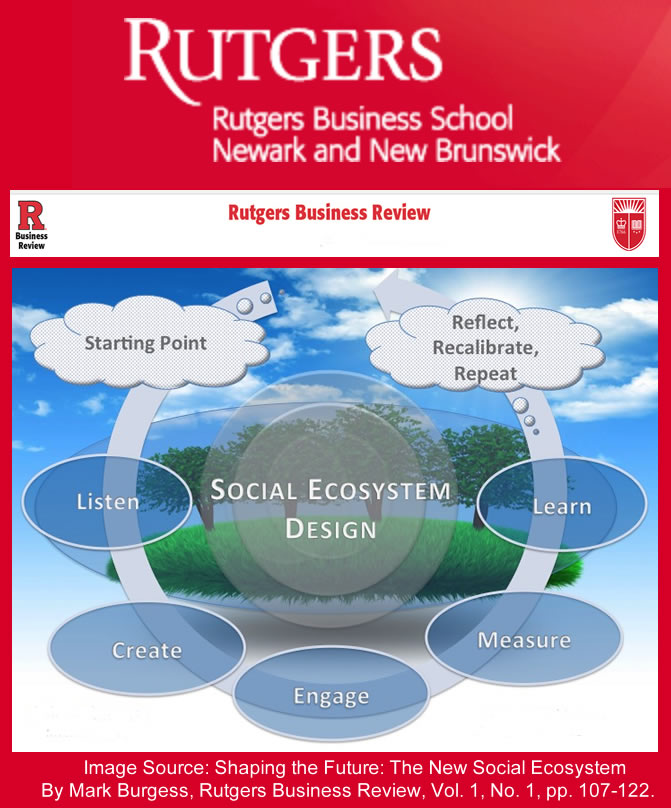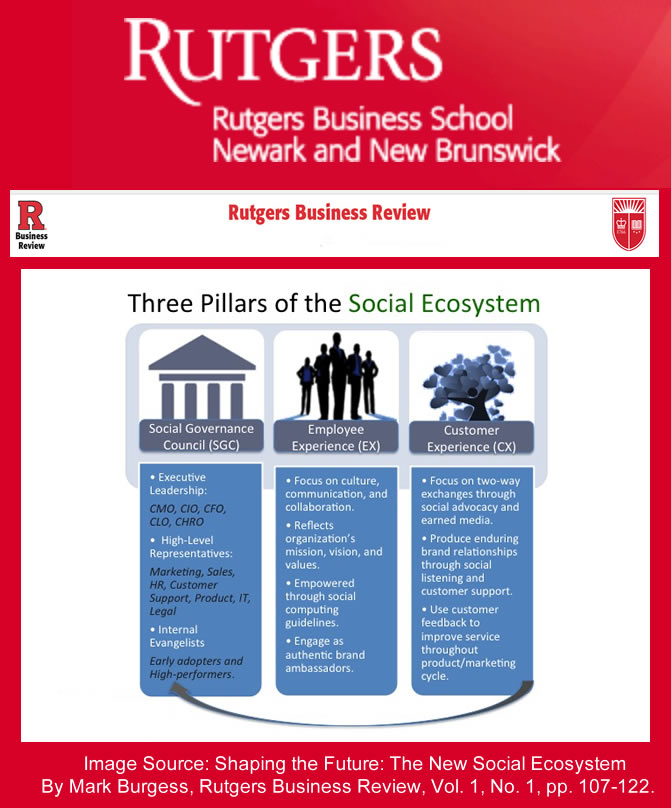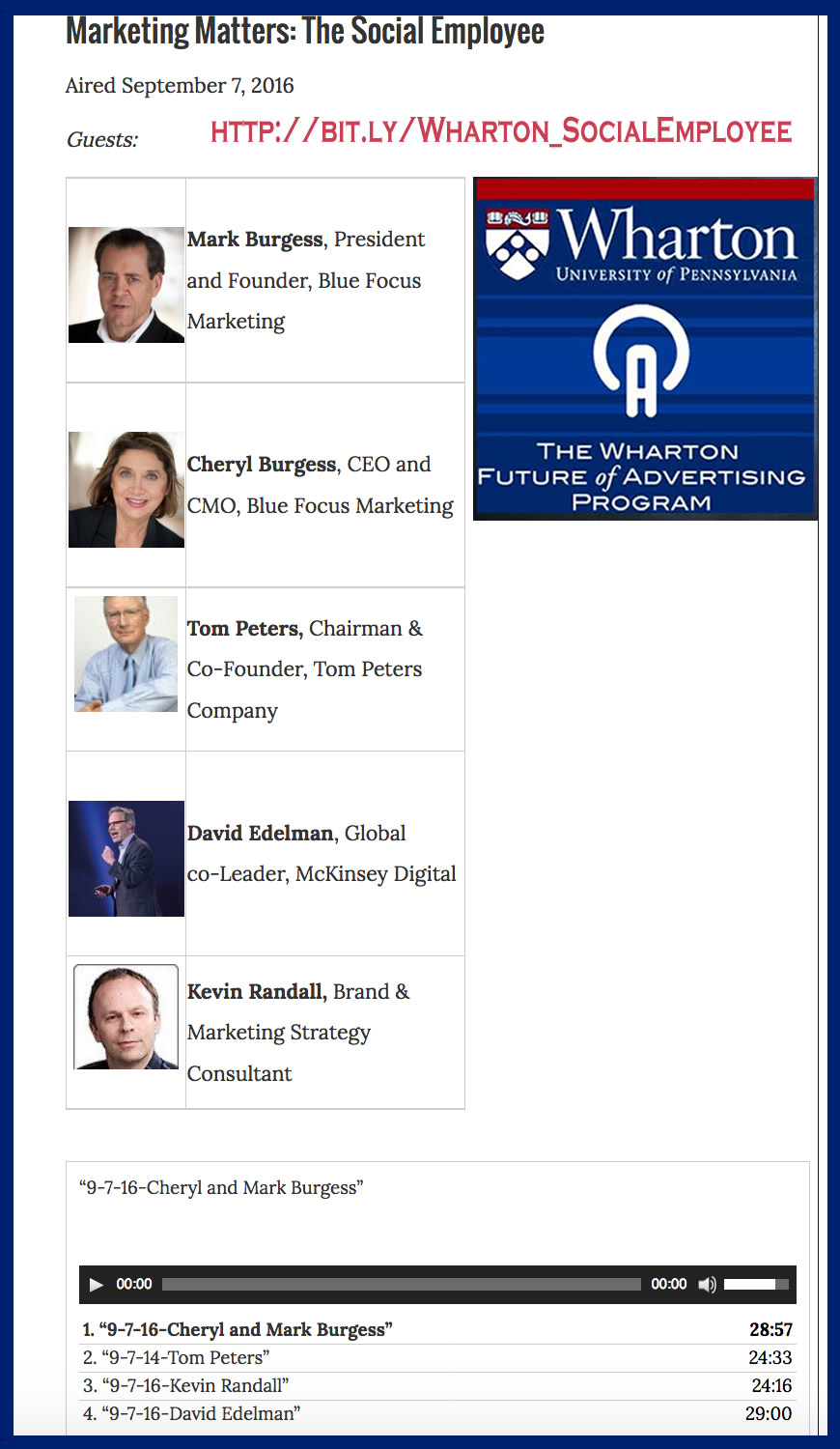The risk social media brings to
brand reputation is real
We don’t live in a world where conventional risk-management textbooks prepare us for social media’s impact on brand reputations. Because of the Internet and globalization, social media threats have increased and so has the urgency of crisis preparedness. Yet, most companies do an inadequate job of managing their reputations in general. They tend to focus energies on handling threats to their brand reputation that have already arisen. This approach is crisis management and certainly not risk management. Crisis management is a reactive approach whose purpose is to limit the damage.
Survey Reveals 33% of Global CCO’s Unprepared
Today, the need for crisis management has become increasingly important to companies, but still one-third of global chief communications officers are unprepared to handle social media threats. According to the The Rising CCO III, an annual survey conducted by global executive search firm, Spencer Stuart and global public relations firm Weber Shandwick, 33% of global chief corporate communications officers (CCO’s) are not prepared for managing online reputation threats.
Crisis Management Issues Soaring
The survey also revealed that crisis/issue management has risen during the past three years as a critical skill set for CCO’s. According to the survey, this was nearly twice as important in 2010 (61%) compared to 2007 (33%). Additionally, as many as 52% APAC CCO’s are striving to formalize their social media efforts. While these observations may seem convincing, it is evidently clear companies need to become more proactive in building social media risk management plans. To be successful, companies need to be strategic and logical when they incorporate social media into risk management plans. There are two benefits companies get from risk management. First, a reduction in time to resolve issues and second is an enhanced reputation because of less adverse noise.
Brands Are Extremely Vulnerable
Marketers have come to realize that brands are extremely vulnerable. We have seen many examples where reputations carefully built over decades can disappear overnight. Management guru Tom Peters tells us:
“Nothing is not branding. Branding is how our organization lives in the world”
Market value is largely driven by intangible assets like brand equity and goodwill. With potentially billions of dollars on the line, now we must understand social media’s dynamic power shift to the consumer. We have come to realize that a brand is essentially what the consumer says it is – not what the marketer says it is. In an age of user generated content, “Likes” and followers, we know the consumer has the power to shape or destroy even the best of brands. Years ago, Walter Landor told us:
“A brand is a promise”
Given the extreme fragility of brands today, how can we not seriously be proactive to protect those brands that mean so much? How can crisis / risk management professionals protect brand value? The risk social media brings to brand reputation is real.
Cheryl Burgess will be speaking at the Contingency Planning Exchange quarterly meeting at Morgan Stanley in New York City on November 17, 2010 on the “Perils of Social Media Revolution and Risk Management”.
www.bluefocusmarketing.com
Follow us on Twitter:
Blue Focus Marketing @bluefocus360















Wow, this post kind of hits you right between the eyes.
So many companies jump right into Social Media and say “pshaw” at the necessity of having a plan, a corporate policy, and ideas of what to do if the worst possible Social Media event happens, which is what you reference here. At the other end of the spectrum are companies who are so worried about crisis in the world of Social Media that they refrain from joining the party.
Preparedness, as you point to, is what it all floats around. Yes, you can be in Social Media, but woe to you if you are just jumping in. Great article, great research!
Marjorie,
Thanks for your reply!. The need for companies to have a workable plan in place before disaster strikes is at the core of the issue. Unfortunately, many companies (using social media or new to SM) forego the plan in favor of risking disaster. And, social media disasters can strike quickly.
Cheryl
There are more than a few companies that are shying away from social media because they don’t want to deal with the potential negative ramifications. We need to remember that customers don’t care about a company’s stance on social media. If the customer is unhappy, they’re going to express that. They may choose Twiter, Facebook GetSatisfaction, review sites or some other site — whether the company is engaged in that network, or not. In crisis communication, if you’re not quick, you’re not relevant. That was true pre-social media, and it’s especially true in today’s world. Companies need to develop their crisis communication team, establish processes and protocols, train the spokesperson (the traditional media person, as well as the person who will be addressing online audiences), understand and incorporate PR 2.0 tools, and role play to practice responses to potential situations. Those five steps will lay a solid foundation for a Crisis Communication 2.0 response.
Heather
@prTini
Heather,
Thank you for an excellent response. I agree that many firms intentionally shy away from SM fearing the worst. Speed in response is what really matters. Being well prepared is more critical than ever. Your recommended steps are right on target to facilitate a timely, coordinated response.
Cheryl
Cheryl,
You’ve made a critical distinction between risk management and crisis management, and I think that’s the core of the problem. Mitigation and reputation management is much more effective with a practiced plan in place; the training piece is crucial to any plan’s success.
Risk and crisis management planning processes both seem to focus on IT disruptions and “brick and mortar” incidents like building closures. Even if companies are including the marketing team in this process, many of them are not yet diving into social media on the sales and customer relationship side of the business, so there are no existing channels when a crisis arises.
This is an acute problem in regulated industries in particular. Financial institutions and some government agencies are reluctant to expose their company or agency through social media channels. They use the fact that they are regulated to avoid using them and are then unprepared to handle a crisis that starts or gets exposure through social media.
Hopefully, companies and brands are realizing that social media is no longer a “nice to know” but a “need to know” function across all business units.
Ellen,
Thanks for your great comments. A brand’s reputation is at risk unless organizations are prepared to respond quickly in a crisis. Real-time digital engagement has changed the rules.
Many organizations are not prepared if a crisis hits. Senior executive buy-in is mandatory, though most difficult to obtain. This is no new concept, but actually social media crisis management takes it a step further. Senior executives need to participate in social media. They need to be proficient in social media tools. Delegation is not an option.
Cheryl